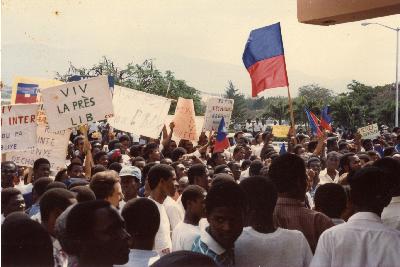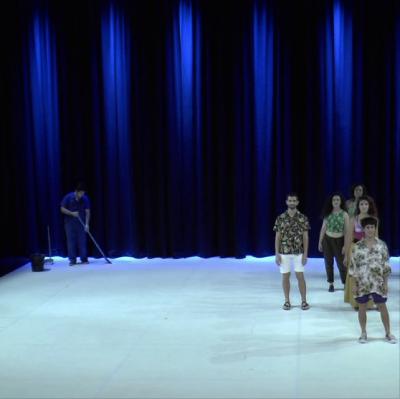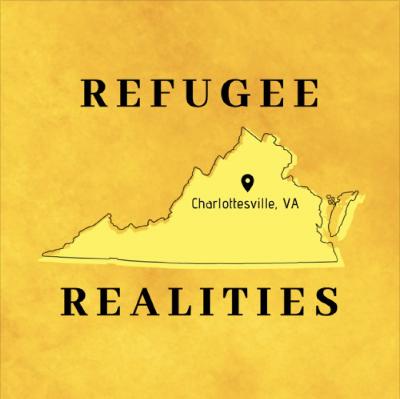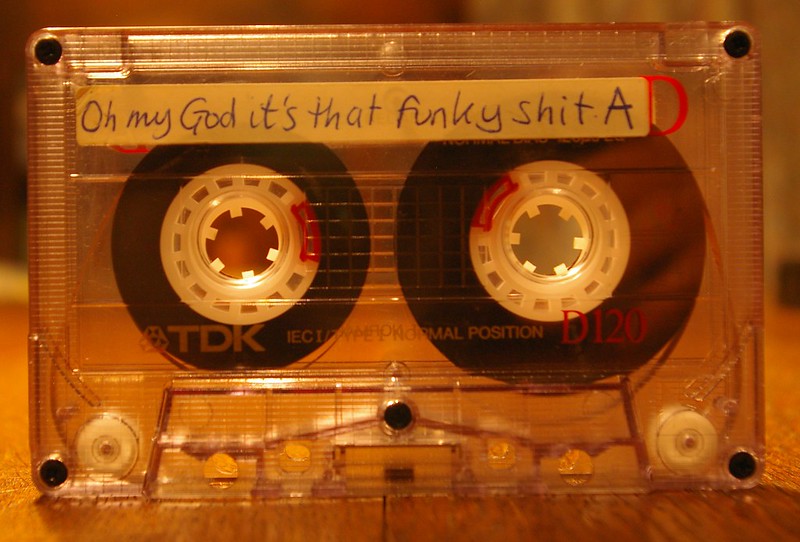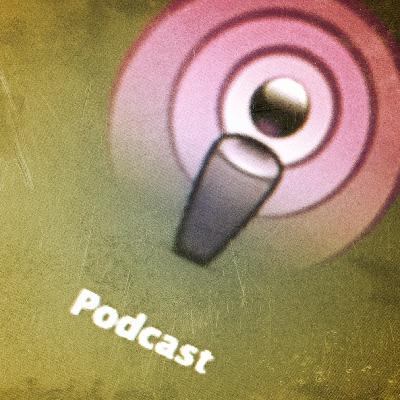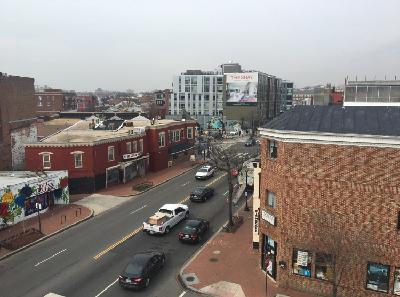“A Long, Strange Trip”: An Engineer’s Journey Through FM College Radio
Description
<figure class="aligncenter size-large">
 </figure>
</figure><figure class="aligncenter size-large">
 <figcaption class="wp-element-caption">Ferdinand “Freddie” Montalvo on the Binghamton community airwaves in the 1980s and in the 2020s. Images courtesy of Montalvo.</figcaption></figure>
<figcaption class="wp-element-caption">Ferdinand “Freddie” Montalvo on the Binghamton community airwaves in the 1980s and in the 2020s. Images courtesy of Montalvo.</figcaption></figure><figure class="alignleft size-large is-resized">
 </figure>
</figure>Today is World College Radio Day, and it’s more important than ever to honor and preserve free airwaves for our communities, now and for the generations to come. Sounding Out! is marking the day with a special post devoted to the intergenerational relationships that power college radio and keep it lit, whether over the terrestrial airwaves or via online streaming. College radio binds campus and community in tangible ways and builds deep and long lasting connections, as Sean Broder’s (WHRW 90.5 Class of 2025) conversation with Freddie Montalvo (WHRW 90.5 Class of 1987) certainly shows. Tune in to the people and keep it locked on college radio. –SO! Eds
—
In 2026, Binghamton University’s WHRW 90.5FM will celebrate its 60th birthday. Ferdinand “Freddie” Montalvo has been an prominent member of the station for 45 of those years, which means he has experienced many changes in radio’s culture and technology. Supplemented by his experience as a professional electrician, Freddie’s enthusiasm for a traditional approach to broadcasting has remained unchanged through the station’s many alterations, bringing undeniable authenticity to the forefront of the station, and showing newcomers how they can do the same.
An expressive medium, college radio has enabled students of all backgrounds to project their voice and music taste as far as the radio waves take them. Whereas some former college radio DJs apply their newfound power of expression to other professional fields, others like Freddie have only continued to develop their broadcasting style, which is why I wanted to get his perspective on college radio’s evolutions. Freddie has never lost sight of the art and the value of individualized broadcasting in the age of streaming music, and he generously shares it with incoming members who seek their own voices.
<figure class="alignright size-large is-resized">
 </figure>
</figure>I met Freddie for this interview in the station’s current location in the basement of the university union. WHRW has three studios, one of the largest record libraries in the northeastern United States, and a common space that’s layered in stickers, posters, and graffiti spanning several generations of broadcasters. I found him in WHRW’s primary studio, CR-1, serving as the required broadcaster for a student talk show. As this was the end of the Spring ‘25 semester at BU, I was able to briefly catch the thank yous and goodbyes of the hosts at the conclusion of their final show. Freddie continues to host his own weekly radio show–Dimenciones on Saturdays from 7-10 PM on terrestrial radio 90.5 in the Greater Binghamton area and via WHRW’s livestream–but his additional involvement as an engineer for others at the station continues to enable newcomers to develop and project their own voices, even if they’re not certified broadcasters themselves. This post offers some excerpts of our in-depth conversation concerning Freddie’s life and rich history with WHRW, as well as his perspective on the continued importance of college radio, and of course some of the many valuable music recommendations he shared over our two hours together.
—
Freddie’s journey into the world of FM radio began in 1976, when the South Bronx native transferred from Bronx Community College to Binghamton University. It wasn’t until ‘79 that he would be introduced to the station by a friend of his who was hosting a Latin music show on the campus station WHRW 90.5, which had Freddie instantly hooked. Coming from a Puerto Rican family, it meant a lot to Freddie to join his friend in the station’s Latin Department; he became the first Latino program director in 1981 and the first Latino general manager in 1982. While serving leadership roles and maintaining his weekly programming, Freddie attended Binghamton through the work-study program BOCES (Boards of Cooperative Educational Services). It’s here that he trained to become an electrician, further intertwining his personal connection to WHRW:
BOCES… they taught you the fundamentals and at that time, I was getting involved at the station, and it was like a synergy of that, you know? Between electronics and radio broadcasting. So, at that time I was going to school in the evening, I went to the BOCES program 8-4/8-5, went to school at night, was doing radio, so everything was involved and influencing each other.
As a leading member of his department, Freddie embraced the alternative radio that WHRW was known for, broadcasting an assortment of music ranging from Latin Jazz to Cumbia, Disco, Salsa, and Santana… not to mention his confirmed favorite song: “Sofrito” by Mongo Santamaria.
<figure class="wp-block-embed is-type-video is-provider-youtube wp-block-embed-youtube wp-embed-aspect-16-9 wp-has-aspect-ratio">
In the decades following his transfer to BU, he has established a home and marriage in Binghamton, describing his life’s journey in the city as “a long, strange trip.”
—
WHRW has been a free format station since it began in 1966, giving each DJ and engineer freedom to play their favorite pieces of music within the FCC guidelines. WHRW has always been, according to Freddie, about “protecting that alternativeness on campus and off campus… we weren’t copying anybody.” He brings attention to what he calls the “great social redeeming value” of alternative broadcasting, which surpasses the confines of the station and not only enriches the surrounding community, but influences future forms of expression by DJs, or “broadcasters” as Freddie calls them.
When you record your shows and listen to yourself that’s how you develop your sense of style… The voice is an instrument, and you learn to modulate when you turn that mic on, always make sure you have on your headset, and that’s how you develop your style. ‘Cause at first you don’t realize these things, but as you evolve, you’ll notice these different nuances.
<figure class="alignleft size-large">
 <figcaption class="wp-element-caption">Freddie on air at WHRW 90.5 Binghamton</figcaption></figure>
<figcaption class="wp-element-caption">Freddie on air at WHRW 90.5 Binghamton</figcaption></figure>As his career progressed and Freddie became an installer technician, he increased accessibility to new musical programs for local residents, most notably, MTV. Combining this work with his many hours at the station, Freddie felt a great sense of pride and responsibility in bringing the forefront of new music to the lives of countless listeners. “I always called it therapeutic radio,” he explained to me, bringing attention to WHRW’s commercial-free programming, and the station’s ability to allow for its broadcasters to express their personalities. Freddie has never felt the need to possess an alter-ego while broadcasting as many do, explaining that members of the station are “audiophiles experiencing music, certain different genres, and that’s what we’re presenting. And when you do a show, you’re that show. That is your artwork in action.”
In addition to producing unique art on air, each WHRW broadcaster makes and plays hourly “carts,” public service announcements that are the closest thing to commercials on 90.5. There too, the station’s member



